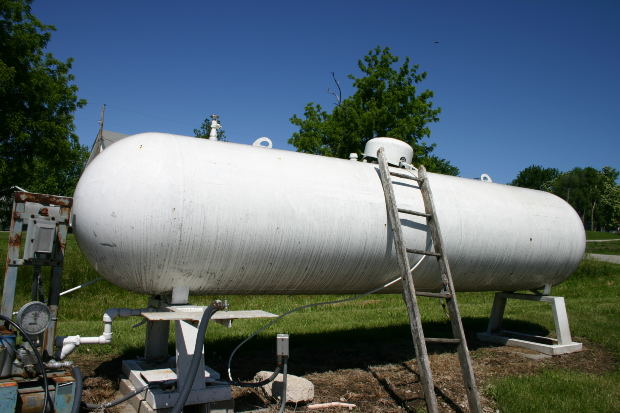Exploring Propane Grades and Their Applications

Propane, a versatile and widely used fuel, comes in different grades tailored for various applications. Understanding these grades can help consumers and businesses make informed decisions about their energy needs. This article delves into the common grades of propane and their specific uses.
Consumer Grade Propane
Also known as HD-5, consumer-grade propane is the most common type used in residential and commercial settings. Comprising at least 90% propane, with the remainder being other hydrocarbons like butane and propylene, HD-5 is suitable for heating homes, cooking, and water heating. It’s also the grade typically used for barbecue grills and portable stoves.
Commercial Grade Propane
This grade of propane is similar to the consumer grade but may contain a higher percentage of propylene. Commercial grade propane is often used in industrial applications where the purity of propane is less critical but cost-effectiveness is paramount. It serves to power forklifts, farm equipment, and fleet vehicles.
Special-Duty Propane
For applications requiring the highest purity, special-duty propane is used. This grade contains 99% propane and is essential for applications where even minor contaminants could cause issues, such as in certain types of industrial manufacturing processes or in laboratories.
Refrigeration Grade Propane
Specifically refined to have extremely low moisture content, refrigeration grade propane is used in systems where moisture could freeze and cause blockages or damage. This grade is crucial for refrigeration applications, particularly in large industrial refrigeration systems that operate at lower temperatures.
Understanding Usage and Safety
Different grades of propane are designed to meet specific safety and performance standards for various equipment and applications. It’s vital for users to understand the grade of propane suitable for their needs to ensure optimal performance and safety. Using the wrong type of propane can not only reduce the efficiency of the equipment but also pose safety risks.
Regulatory Compliance
Propane grades also adhere to regulations that specify their composition and use. Compliance with these standards is critical for both safety and environmental considerations. Users should consult with propane suppliers to ensure that the propane they purchase meets the necessary standards and is appropriate for their particular equipment or use case.
Economic Considerations
Choosing the right grade of propane can also have significant economic implications. For instance, using consumer-grade propane when commercial grade would suffice could lead to unnecessary expenditures. Conversely, using a lower grade than required can result in equipment inefficiencies and increased maintenance costs.
By understanding the different grades of propane and their specific uses, consumers and businesses can optimize their energy use, better adhere to safety standards, and potentially reduce costs. Whether heating a home, powering industrial equipment, or fueling commercial vehicles, the right grade of propane can make a significant difference on multiple levels.














